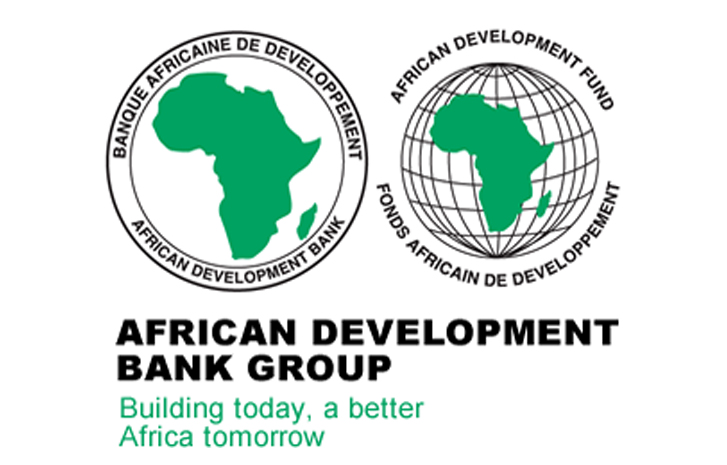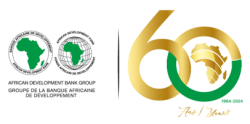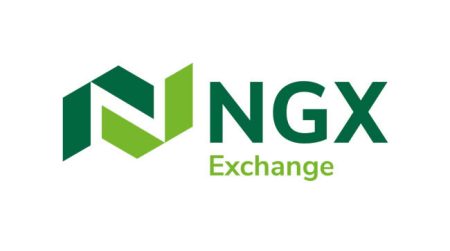 *To promote quality education and skills development
*To promote quality education and skills development
Lagos — The African Development Bank joined the Global Partnership for Education and other multilateral development banks during the Global Education Summit: Financing GPE 2021-2025, to call for stronger strategic partnerships to build innovative financing mechanisms in support of quality education and skills development.
The summit was co-hosted by the President of Kenya, Uhuru Kenyatta, and U.K. Prime Minister, Boris Johnson.
The Bank’s Vice President of Agriculture, Human and Social Development, Dr. Beth Dunford, participated in a session on the leadership of multilateral development banks in financing education. Participants in this session discussed the rising priority of investing in education, the challenges of growing education portfolios and the economic impacts of Covid-19, as well as the efforts of multilateral banks to help countries transform their education systems.
“The overall financing gap is enormous. Prior to Covid-19, estimates show that in Africa we need $40 billion a year to bridge the education financing gap by 2030, and this figure is going to increase post pandemic,” Dunford said.
“That is why, at the international level, and in a time of mounting debt and fiscal constraints, we join the Global Partnership for Education in emphasizing domestic financing and complementarity within the global financing architecture,” she added.
Dunford stressed the role of the Bank in leading from the front to create innovative financing mechanisms for education. She underscored the Bank and the African Union Commission partnership(link is external) to develop a $300 million African Education, Science, Technology and Innovation Fund, to boost investments in Africa’s human capital development, including technical and vocational education, and science, technology, engineering and mathematics.
The goal of the summit was to provide an opportunity for leaders to make five-year pledges to support the Global Partnership for Education’s work and help transform education systems in up to 90 countries and territories, where 80% of the world’s out-of-school children live.
Participants discussed member countries’ appetite for education sector projects, particularly given the impact of indebtedness and Covid-19 and made the case for education by underlining the clear links between learning and economic growth.
Dr. Bandar Hajjar, the President of the Islamic Development Bank (IsDB) noted that the IsDB recognized the power of education to sustain a society and play a role in building peaceful, stable and prosperous countries. He observed that our joint efforts to invest in quality education now would help shape the future.
The participants called for a strategic partnership to build innovative financing mechanisms to develop skills for the labour market of today and tomorrow.
Masatsugu Asakawa, the President of the Asian Development Bank, said his Bank was supporting the recovery of the education sector from the pandemic. He highlighted that, more than ever before, there was a need to work together to redouble our investment in education and provide innovative solutions to the challenges that our countries face.
Dr. Mari Pangestu, the Managing Director, Development Policy and Partnerships at the World Bank, also recognized the level of learning poverty caused by the Covid-19 pandemic. “Three things are crucial at this moment: get kids back to school safely; regain the learning losses; and empower teachers and, in the context of build back better, start investing in the longer-term learning systems,” Pangestu said.



